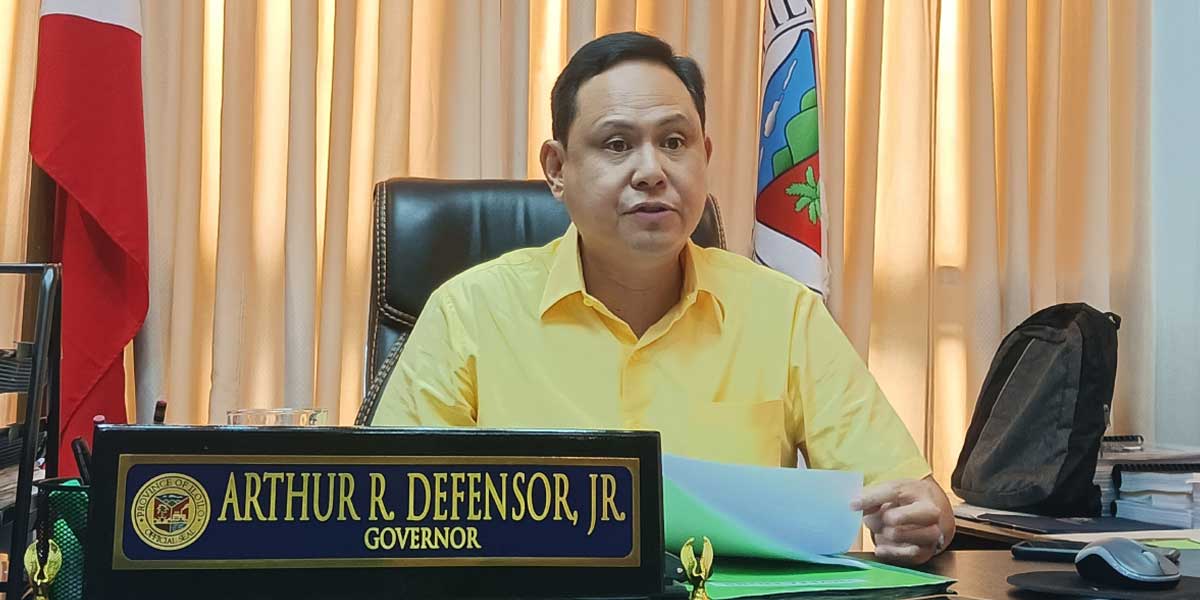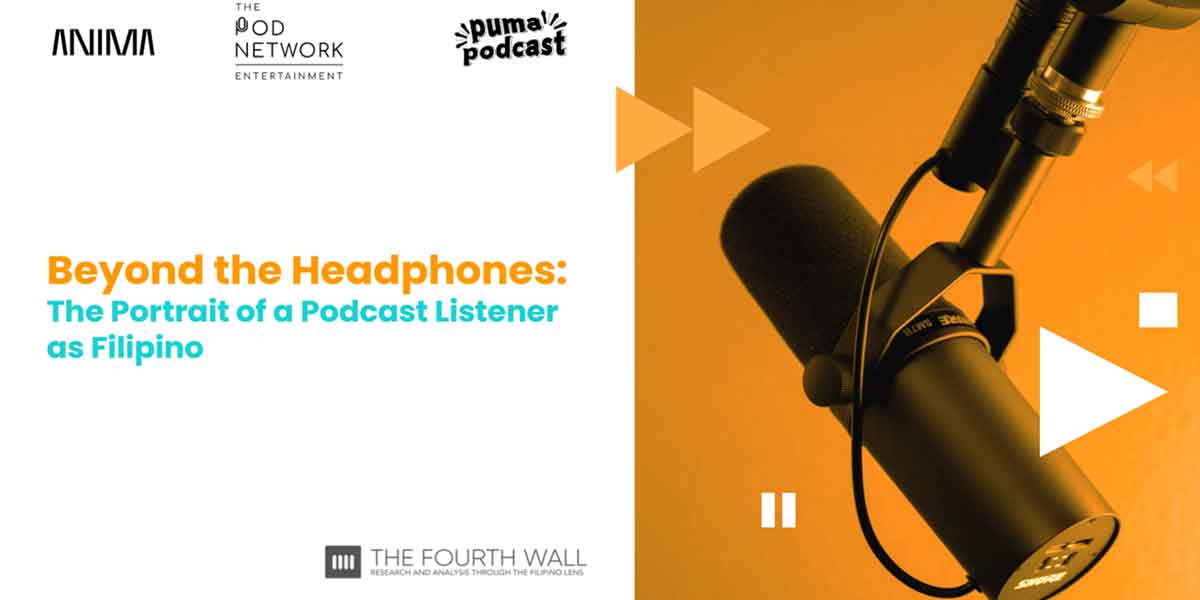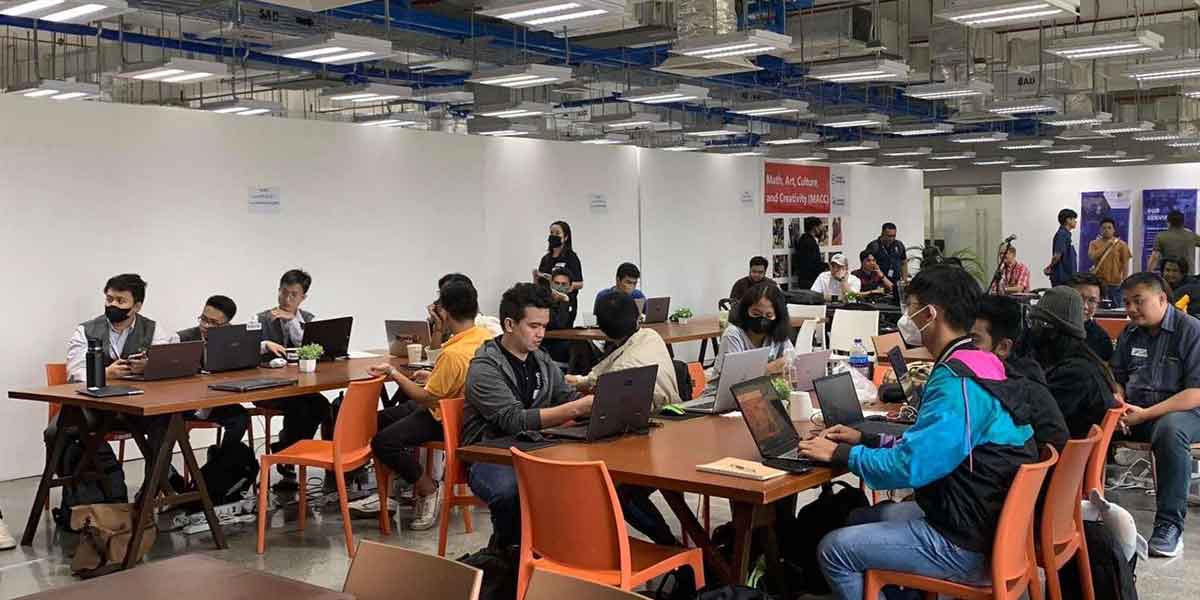 By Dr. Rex Casiple
By Dr. Rex Casiple
Beginning this month of June 2020, the government has placed some cities and provinces in Western Visayas into the modified general community quarantine (MGCQ). However, higher education institutions (HEIs) are still advised to adopt measures to safeguard the health and safety of their returning students, faculty and staff in the opening of classes this coming academic year (AY) 2020-2021.
Enrolment in the region this coming school year is expected to decrease if no vaccine yet for the COVID-19 is found. Some small private colleges planned to close their programs or the institutions themselves. Furthermore, as the first batch of K-12 students under the new curriculum will be in the third year level this coming school year, no or few enrolment is expected in fourth year level. The last batch of students under the old curriculum graduated in 2019.
In-person graduation ceremonies are still discouraged given the continuing need for social distancing and the restrictions on mass gathering. However, in this academic year (AY) 2019-2020, virtual graduation ceremonies were conducted by some public and private colleges and universities in the region.
As expected, there were few graduates in this school year as there was no or few enrollees in the fourth year level. The first batch of K-12 students under the new curriculum were in the second year level in college. And the last batch of college students under the old curriculum graduated in 2019.
The opening of classes for AY 2020-2021 shall be based on the HEI’s delivery mode subject to compliance with minimum health standards and the situation on the ground. As per the latest advisory of the Commission on Higher Education (CHED) HEIs using full online education can open any time after May 31, 2020; HEIs using flexible learning can open anytime in August 2020; and HEIs using significant face-to-face or in person mode can open no earlier than September 1, 2020.
Flexible enrolment procedures should be implemented, in coordination with local health officials and the local government unit, such as, online enrolment and payment through remittance services, scheduling of students who will be allowed to enroll on any given day, opening of satellite enrolment sites as practicable; and other similar arrangements to limit the number of students allowed at any given time and ensure safe physical distance.
HEIs should prepare their facilities to comply with minimum health standards such as mandatory wearing of masks, hand washing and sanitation practices, safe physical distancing, reconfiguration of classroom spaces, provision of markers in public places, prohibition of mass gathering, among others. They should do consultation with local health officials and local government units to determine the health situation in the locality, availability of public transportation, and other support services necessary for their operation. They should prepare contingency or continuity plan as to the precautionary and other health protocols in case there are suspected or confirmed cases.
Flexible learning strategy or mode in delivering instruction if adopted by some qualified HEIs should ensure appropriate facility delivery system, faculty complement, and student support.
They are advised to establish a clear communication plan to their students and HEI personnel especially among grantees of scholarship programs to ensure that urgent and significant concerns are addressed. They are encouraged to communicate and transact using non-face-to-face means such as through online and social media platforms, phone, electronic mail, and/or courier services, among others.
A week before the enrolment period, HEIs shall inform their students on the enrolment process and specific education delivery mode that they will implement. HEIs shall respect the decision of families not to send their children to school due to concerns about their safety. In this historical period of COVID 19 pandemic, health is our primary concern.






















